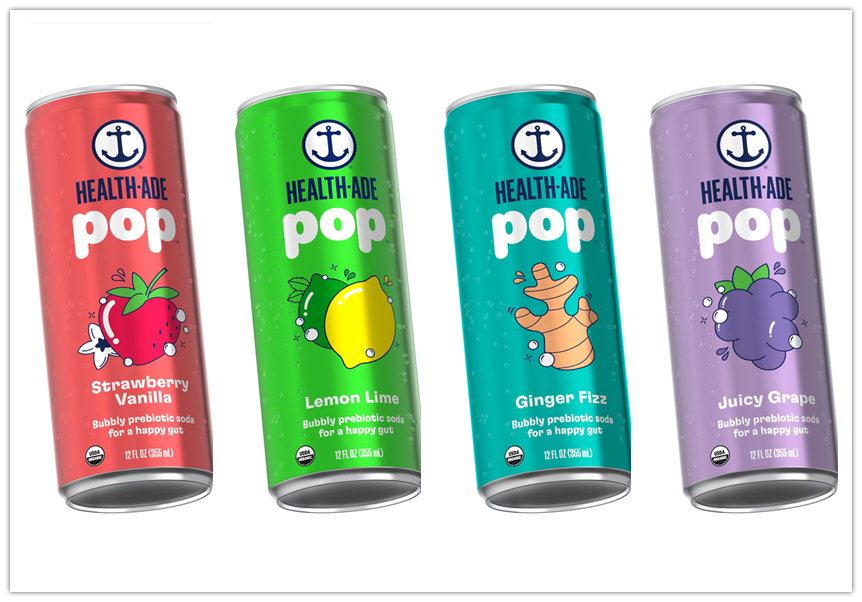Our bodies are designed to live in balance. Everyone needs food, water, sunshine, exercise, and time away from the television. These essentials provide our bodies with energy and nutrients so they can function properly. Vitamins and minerals contribute to this balance by carrying the essential biomolecules needed for human life. They are necessary for preserving cognitive functions as well as for ensuring healthy teeth and bones.
Why are they necessary?
The body cannot make vitamins and minerals on its own so they must be supplied by the diet. Vitamins and minerals are relatively small molecules that can’t be stored in the body, so they must be readily available daily. A deficiency in any vitamin or mineral disrupts the ability of the body to carry out its normal functions; therefore, a distilled water fast that is low in calories is unlikely to provide enough energy to offset the lack of vitamins and minerals required for healthy physiological function.

What are the symptoms of a vitamin or mineral deficiency?
A vitamin or mineral deficiency may cause a wide range of symptoms: lack of energy, poor concentration, and memory, decreased immunity as well as hair loss. A lack of antioxidants may also contribute to the development of certain diseases, such as cancer: many antioxidants in the body give substances power to fight microbial infection. Vitamin C is considered an antioxidant because it activates enzymes that fight microorganisms such as viruses, bacteria, and fungi.
How much is needed?
Vitamins and minerals are not strictly required in amounts defined as a “sufficient” or “minimum” intake. The recommended daily intake is defined as the amount of food needed to meet all your body’s nutritional needs, and in some cases, to give you enough energy for specific physical activities (such as intense weightlifting).
The recommended daily intake of vitamins and minerals is generally considered difficult to obtain, even with a balanced diet. Vitamin supplements are sold in most grocery stores and pharmacies, where people can be encouraged to purchase them to supplement their diet. However, this practice can create a false sense of security and may discourage people from eating foods containing nutrients they do not get enough of: too many supplements can deplete the body’s natural stores.




